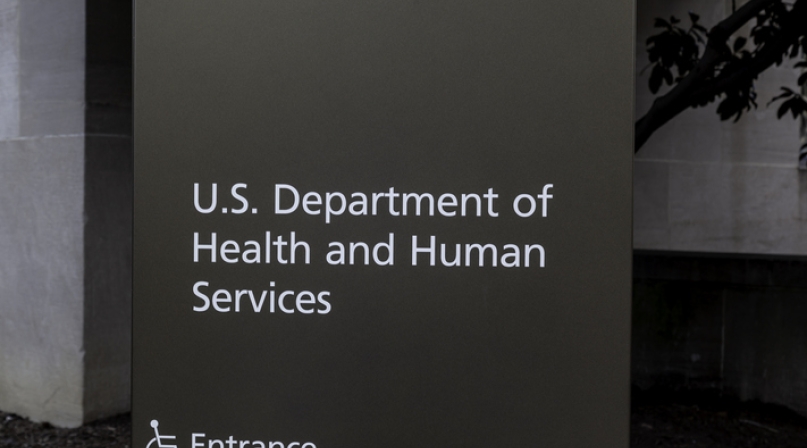HHS renews public health emergency declaration through January 2022
Author

Blaire Bryant
Upcoming Events
Related News

Key Takeaways
Effective on October 18, U.S. Department of Health and Human Services (HHS) Secretary Xavier Becerra renewed the declaration of the COVID-19 national public health emergency declaration (PHE). The national declaration unlocks key flexibilities at the federal and local levels that will support counties in our ongoing efforts to respond to the virus. The PHE would do the following:
- Make federal grant funding and supplemental appropriations available to local entities to assist with local support for the prevention and treatment of COVID-19. To date, HHS has distributed $148 billion in emergency grant funding for COVID-19.
- Allow access to the HHS Provider Relief Fund, which supports healthcare providers responding to the COVID-19 pandemic. The Provider Relief fund has been allocated a total of $186.5 billion by the federal government since it was established under the Coronavirus Aid, Relief, and Economic Security (CARES) Act. These funds are distributed to county hospitals and local health care providers to address medical surge capacity issues and make up for loss revenue during the public health crisis.
- Allow states and counties who have also declared a state of emergency to waive certain regulatory requirements to respond to the COVID-19 emergency. An 1135 waiver is authorized under Section 1135 of the Social Security Act and allows the Centers for Medicare & Medicaid Services (CMS) to waive certain requirements during national emergencies, such as the COVID-19 pandemic. The waiver lasts for the duration of the national emergency and is renewed every 90 days.
- Expand telehealth and telemedicine capabilities through temporary rules and waivers authorized by CMS that allow for the expansion of types of services that can be offered by telehealth. Telehealth has emerged as a vital tool for county health providers during the pandemic, helping to improve health care access amid state and local stay at home orders, and facilitating continued delivery of critical health services to vulnerable residents in facilities, such as nursing homes. Prior to the pandemic, the use of telehealth was a key strategy for reaching residents in rural and remote areas, where access to health care services has been limited due to rising hospital closures.
The most recent renewal is consistent with the administration’s announcement that the PHE will continue through at least the end of 2021, and marks the seventh time since the initial declaration was made in March of 2020. The renewed declaration will last for 90 days through January 16, 2022.
Webinar
Ending the PHE: Implications for Counties
Unable to attend? Watch the recording here.
The federal COVID-19 Public Health Emergency (PHE) will end on May 11, 2023, significantly reducing flexibilities implemented during the pandemic to improve access to health care, food and nutrition and COVID-19 vaccines, tests and treatments. As frontline health and human service providers, counties will play a key role in protecting access to services for vulnerable residents once the PHE expires. This webinar will feature federal experts and local leaders to discuss federal administrative guidance, policy changes and best practices for county health and human services agencies to minimize disruptions in care.

Related News

Drug tracking software helps counties identify trends, save lives
Florida counties are using an artificial intelligence tool called Drug TRAC to track and report drug trends, with the aim of providing quicker outreach and saving lives.

White House Executive Order establishes national substance use disorder response
On January 29, the White House issued an Executive Order (EO) establishing the Great American Recovery Initiative, a new federal effort aimed at coordinating a national response to substance use disorder (SUD).

USDA and HHS release new dietary guidelines
On January 7, U.S. Department of Agriculture Secretary Brooke Rollins and U.S. Department of Health and Human Services Secretary Robert F. Kennedy, Jr. unveiled the new Dietary Guidelines for Americans, 2025–2030.